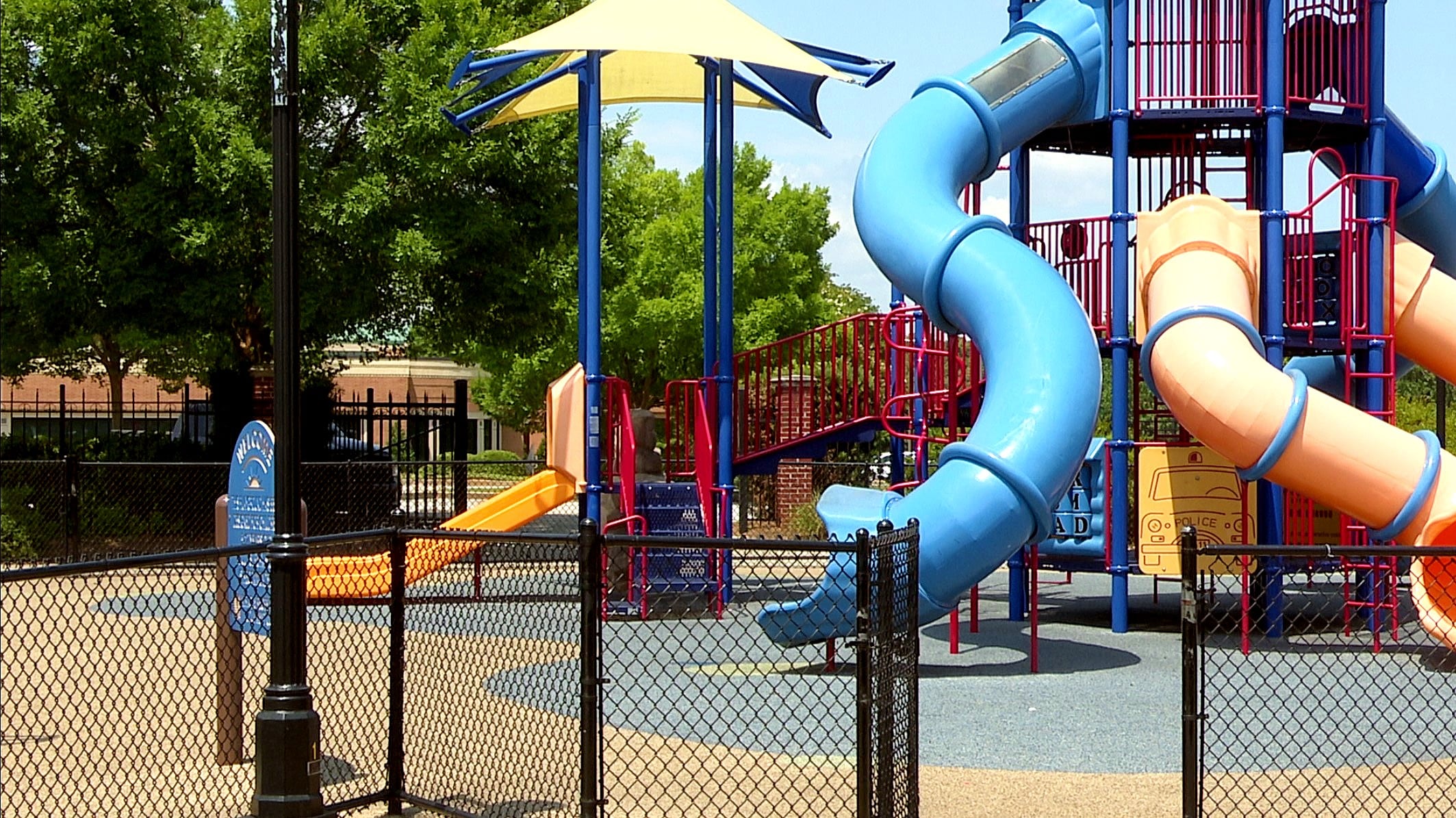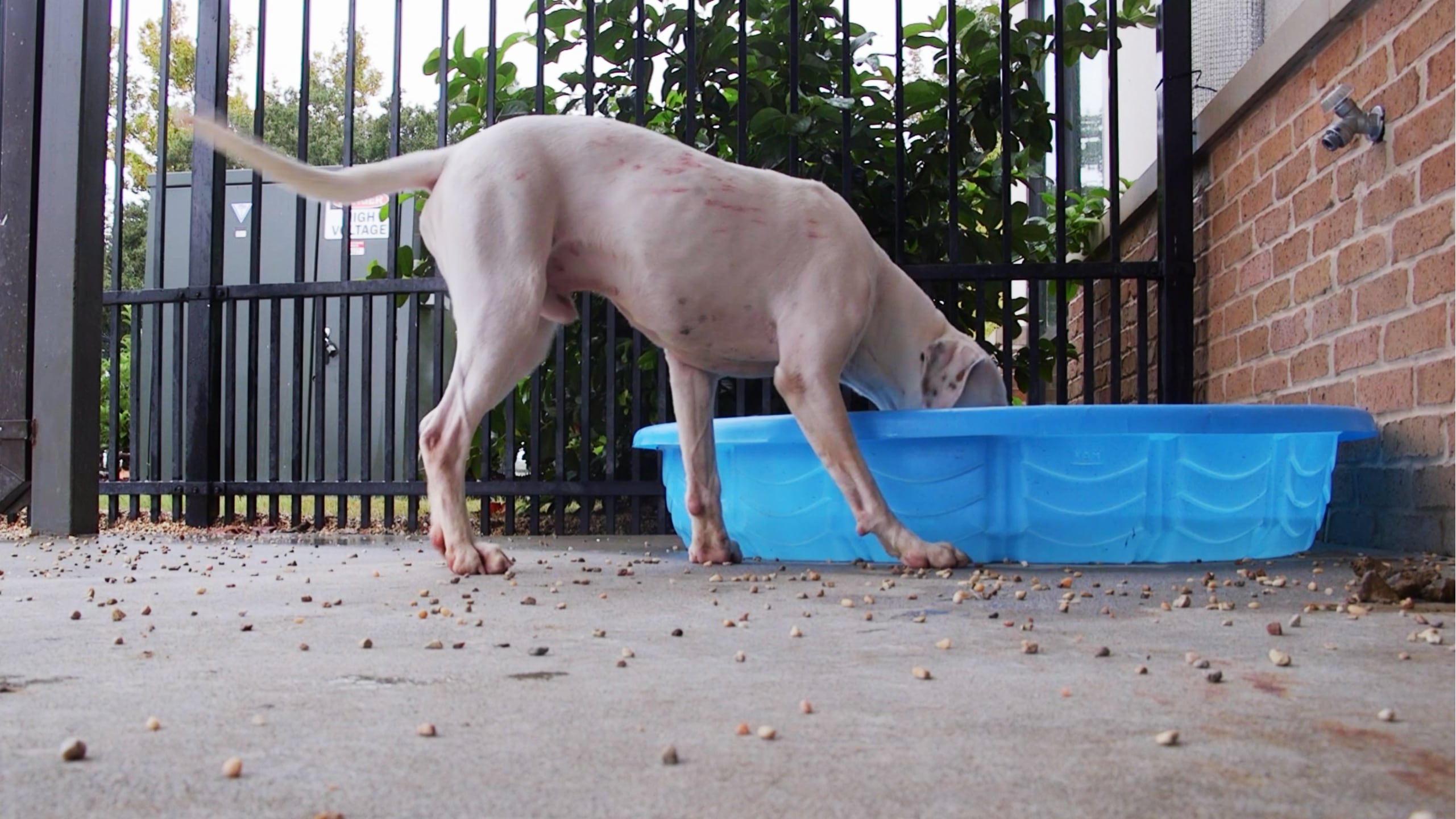CSRA’s outdoor workers struggle to cope in 100-degree temps
AUGUSTA, Ga. (WRDW/WAGT) - The CSRA on Wednesday saw more high temperatures at or near 100 degrees.
It’s not so much trouble when you’re comfortable in an air-conditioned building.
But what about people who have to work outdoors – on roads, in yards and repairing equipment?
They are outside for almost the entire day with multiple layers of clothes.
When your job requires you to be outside all day, doctors warn that it could potentially be dangerous if you don’t take the right precautions.
“For what we see tends to relate very well with the heat index. So kind of the heat in relation to the humidity and the breezes, whatnot. As that goes up, we get more heat injuries, and it tends to overall just kind of correlate to that temperature,” said Dr. Jedidah Ballard, Associate Professor of Emergency Medicine at the Medical College of Georgia.
MORE HOT-WEATHER COVERAGE:
During heat wave, heed these tips for setting your thermostat
When the temperature outside is near 100 degrees, experts say you shouldn't be setting your thermostat too low. What's the logic behind that?

In heat wave, doctors give tips to concerned CSRA parents
We talked with some local parents who are concerned on how to keep their children and themselves safe as temperatures soar.

How to keep your pets cool and safe in CSRA’s high temps
We’re on your side with how you can keep your family pets cool and safe as temps keep getting hotter.

CSRA’s heat wave could cause problems for mothers-to-be
The CSRA is in the middle of a stretch of hot days, and now a new study is showing it could cause pregnancy issues.

Augusta church offers ways to cool down as temperatures rise
As the week continues, we’re expecting a very hot couple of days. If you're in downtown Augusta, St. Paul’s Church is offering some cool relief.

Cooling off and drinking fluids are essential to keep the day going.
Experts at the Centers for Disease Control and Prevention recommend drinking a cup or eight ounces of water every 15 to 20 minutes when working out in the heat.
The heat isn’t just uncomfortable; it can be deadly.
Heat is the leading cause of weather-related fatalities across the United States, on average killing more than 100 people each year.
Numerous people and groups are at risk of heat-related illnesses, including children, pregnant women, older adults, emergency responders, outdoor workers, and even athletes. Additionally, people with certain medical/health conditions like high blood pressure and diabetes are at greater risk.
Around this time, Ballard says they’ll see patients with dehydration, fatigue, heat exhaustion, heat syncope and sometimes even heat stroke.
“Heat stroke is a big, big deal. That’s kind of, for lack of better how your brain is actually cooking. And that can be fatal. So that’s something that’s an absolute emergency, we need to act on quick,” he said.
Heat exhaustion symptoms are heavy sweating, weakness, cold, pale and clammy skin, a thread pulse, and possible fainting and vomiting. If you experience heat exhaustion, stop all outdoor activity and move to a cooler place. Drink cool water or sports drink. If your symptoms don’t improve within one hour, seek medical attention. Heat stroke occurs when the body temperature reaches 106 Fahrenheit or higher. Symptoms include hot dry skin, rapid breathing, racing pulse, and possible unconsciousness. Seek medical attention immediately.
“ to take care of yourself. The ER is there 24/7, but I’m sure you’d rather spend your time at home. So with your injury, it really is like overcooking, something in the oven. Augusta right now feels like an oven. When you walk outside. It’s the same concept. So when you’re burning through the oven, time and temperature matter, it’s the combination of two, so a really high temperature or long time in that. So it’s going to be cumulative,” said Ballard.
During periods of extreme heat, take the following precautions:
- Stay indoors as much as possible and limit exposure to the sun.
- Drink plenty of water.
- Dress in loose-fitting, lightweight, and light-colored clothing that covers as much skin as possible.
- Never leave children or pets in closed vehicles.
- Avoid strenuous work during the warmest part of the day. If you have to be outside, take frequent breaks in the shade or air conditioned vehicle and drink plenty of water. Never work alone, use the buddy system, in case you start to feel sick.
- Check on family, friends and neighbors who do not have air conditioning.
And for people that are outside all day, it’s vital that you take extra precautions, breaks and stay hydrated, which is exactly what the Georgia Department of Transportation says they tell their workers to do on days like these.
“Our managers who are out here they’re like, trained to recognize those signs of somebody getting nauseous or it’s beginning to experience heat exhaustion. So they’re keeping an eye out for that if they see that they’re gonna pull someone off to the side and tell him, hey, get in the cold, go get some water,” said Will Volk, G-DOT District Communications Manager.
With the summer months continuing, it’s important to seek proper help if you’re noticing symptoms of any heat-related illnesses.
Copyright 2024 WRDW/WAGT. All rights reserved.














